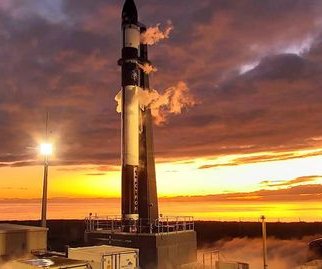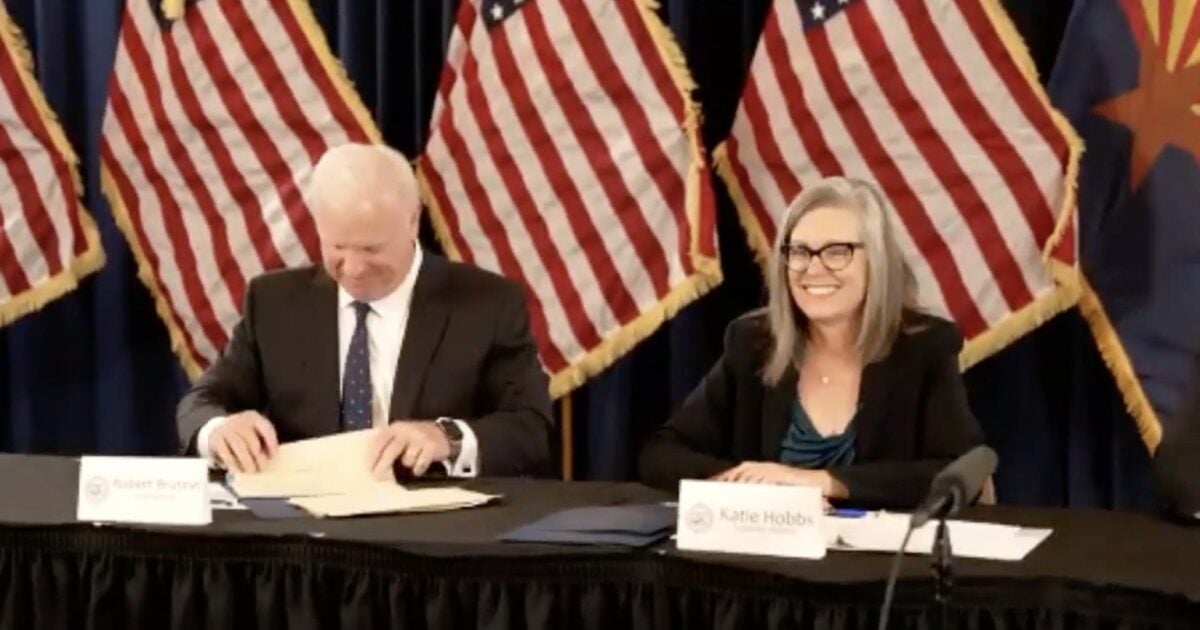Rocket Lab launched an Electron two-stage rocket into space late Thursday from New Zealand. File Photo courtesy of Rocket Lab
May 26 (UPI) — Rocket Lab successfully launched a second batch of NASA weather-tracking satellites into space from New Zealand late Thursday after the mission had suffered repeated weather delays earlier in the week.
The Electron two-stage rocket named Coming To A Storm Near You was topped with a pair of shoebox-sized satellites and launched at 11:46 p.m. EDT from Launch Complex 1 on the Mahia Peninsula along the archipelago nation’s east coast.
Liftoff! Two small satellites are on the way to join two already in orbit for our TROPICS mission. TROPICS will provide near-hourly data that could improve forecasts of tropical cyclones and severe weather. pic.twitter.com/VScwoPl4bR— NASA (@NASA) May 26, 2023
The satellites were deployed into low-Earth orbit within an hour of the launch and will create for NASA a constellation of tropical cyclone monitoring satellites that is known by the acronym TROPICS, meaning Time-Resolved Observations of Precipitation structure and storm Intensity with a Constellation of Smallsats.
NASA said they were now working on signal acquisition from the newly deployed orbitals.
“It is not unexpected for CubeSats to take some time to establish communications,” it said in a statement. “We will provide confirmation when signal is acquired.”
TROPICS like it’s hot! We have payload deployment!
The science team will now seek confirmation of signal which may take several orbits. For updates on TROPICS tracking, follow @NASAEarth! pic.twitter.com/vq1Ht2E3li— NASA’s Launch Services Program (@NASA_LSP) May 26, 2023
Rocket Lab launched and deployed the first pair of CubeSats for NASA earlier this month, and it has attempted to get the second batch into space since early this week but have been hampered by weather.
The launch had been pushed to late Thursday after its attempt less than 24 hours earlier was called off as liftoff preparations were underway.
Rocket Lab said it was its 37th Electron mission.
According to NASA, the satellites will provide data on temperature, precipitation, water vapor and clouds by measuring microwave frequencies. The information is expected to shed light on storm formation and intensification — information to help scientists better understand how high-impact storms function, which could lead to better modeling and predictions.










